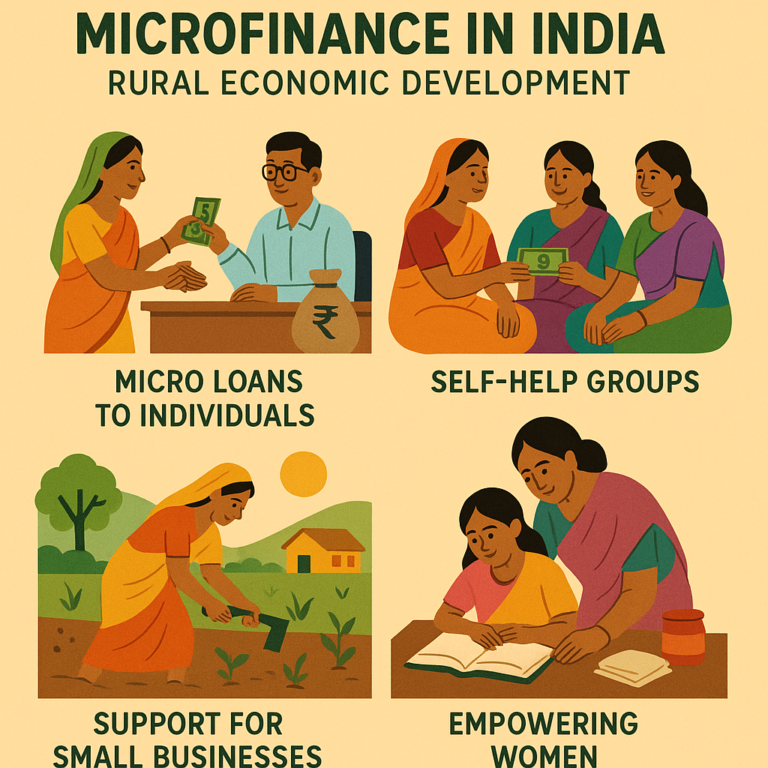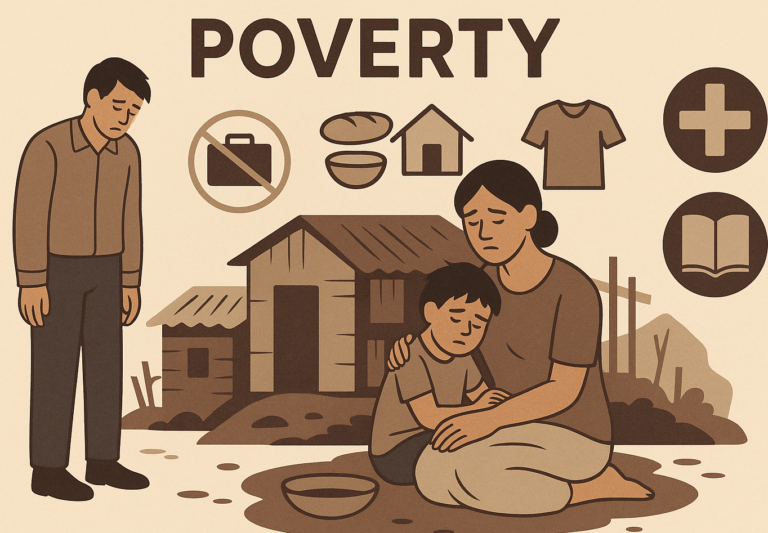Classical Literature: An Easy Explanation
Classical literature refers to the great works of literature from ancient civilizations. These works have shaped modern storytelling and thought. When we talk about Classical Literature, we often focus on three main cultures: Greek, Roman, and Indian. Each of these civilizations produced epic stories that are still studied, read, and admired today. Let’s break down these classical epics in a simple way

1. Greek Classical Literature
Greek literature is considered the foundation of much of Western literature and thought. Ancient Greece gave us many famous stories, including the Greek epics and philosophical writings.
A. The Iliad and The Odyssey
These are two of the most famous works of ancient Greek literature, written by the poet Homer.
- The Iliad tells the story of the Trojan War, focusing on the Greek hero Achilles. It’s a tale of heroism, love, anger, and tragedy. The poem explores themes like honor, revenge, and fate.
- The Odyssey is about Odysseus, a hero trying to return home after the Trojan War. His journey is filled with adventures involving gods, monsters, and dangerous challenges. The story highlights the importance of cleverness, loyalty, and perseverance.
B. Greek Mythology
Greek mythology consists of stories about gods, goddesses, and mythical creatures, like Zeus, Hera, Poseidon, and Athena. These myths explained natural phenomena and human behavior, like why the sun rises or why people fall in love.
- Example: The myth of Persephone explains the changing seasons: she was kidnapped by the god Hades, which caused her mother, Demeter, to make the earth barren for part of the year.
C. Philosophical Works
Greek philosophers like Socrates, Plato, and Aristotle wrote about big questions related to life, morality, politics, and knowledge. These writings shaped Western philosophy.
- Example: Plato’s “The Republic” is a work of philosophy that talks about justice, politics, and the ideal society.
2. Roman Classical Literature
Roman literature was heavily influenced by Greek culture, but it also created its own unique works that reflect Roman values like duty, loyalty, and the importance of the state.
A. The Aeneid
One of the greatest Roman epics is the Aeneid, written by the poet Virgil. It tells the story of Aeneas, a Trojan hero who flees the burning city of Troy and journeys to Italy to found the Roman people. The Aeneid connects Rome’s founding with the heroic and divine, showing how Rome’s destiny was tied to the gods.
- Themes: Duty to family and country, sacrifice, and fate. It also serves as a kind of Roman “myth” about the origins of their civilization.
B. Roman Histories and Writings
Romans were famous for their detailed historical writings. The historian Tacitus wrote about the rise and fall of the Roman Empire, while Cicero, a famous Roman orator and philosopher, wrote speeches and letters on politics and philosophy.
- Example: “The History of Rome” by Livy is a massive work that covers the history of Rome from its founding to the reign of Augustus. It explores the rise of Rome from a small city-state to a powerful empire.
3. Indian Classical Literature
Indian literature has a long and rich history, and some of the most famous works come from the epic genre. These epics tell stories of gods, heroes, and the moral lessons that can be learned from their actions.
A. The Mahabharata
The Mahabharata is one of the longest epic poems in the world, with over 100,000 verses. It is attributed to the sage Vyasa and tells the story of a battle between two groups of cousins, the Pandavas and the Kauravas. The epic is not just about war, but also contains moral and philosophical teachings.
- Key Themes: Dharma (righteousness), the nature of good and evil, the importance of duty, and the consequences of personal actions. The famous Bhagavad Gita, a philosophical dialogue between the warrior Arjuna and the god Krishna, is part of the Mahabharata.
B. The Ramayana
The Ramayana is another ancient Indian epic, attributed to the sage Valmiki. It tells the story of Prince Rama, his wife Sita, and their struggle against the demon king Ravana. This epic is filled with adventure, loyalty, devotion, and the importance of dharma (duty).
- Key Themes: Good vs. evil, the importance of family, loyalty, honor, and devotion. Rama is often seen as the ideal hero in Indian culture, embodying virtues like truthfulness, bravery, and respect for family.
C. Puranas
The Puranas are a large body of ancient Indian literature that includes mythological stories, hymns, and religious teachings. They are rich with stories about gods like Vishnu, Shiva, and Brahma, and often explain the creation of the world, the nature of the cosmos, and the lives of gods and saints.
- Example: The Vishnu Purana contains stories about the god Vishnu and his various incarnations, including his famous avatars Rama and Krishna.
4. Why Are These Epics Important?
These Greek, Roman, and Indian epics are important for several reasons:
- Cultural Heritage: They give us a glimpse into the beliefs, values, and practices of ancient civilizations. The stories reflect how ancient people understood the world and what they considered important.
- Moral Lessons: Many of these epics focus on ethical issues, such as duty, honor, justice, and the struggle between good and evil. They offer important lessons that are still relevant today.
- Inspiration for Modern Works: These ancient stories continue to inspire modern literature, movies, and even video games. The characters and themes from these epics still show up in popular culture.
5. Key Takeaways
- Greek Epics: The Iliad and Odyssey are foundational stories about heroes like Achilles and Odysseus, with themes of honor, fate, and adventure.
- Roman Literature: The Aeneid tells the story of Rome’s origins, focusing on duty, sacrifice, and the founding of a new civilization.
- Indian Epics: The Mahabharata and Ramayana are rich with stories of gods and heroes, exploring themes like righteousness, devotion, and the nature of good and evil.
- Importance: These works have shaped how we understand literature, culture, morality, and even religion today.
These ancient epics are not just stories—they’re windows into the past that teach us about humanity, morality, and the complexities of life. Their lasting influence shows how stories have always been a powerful way to understand the world around us.








